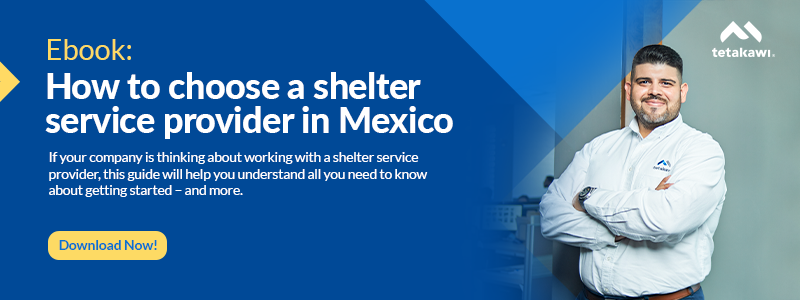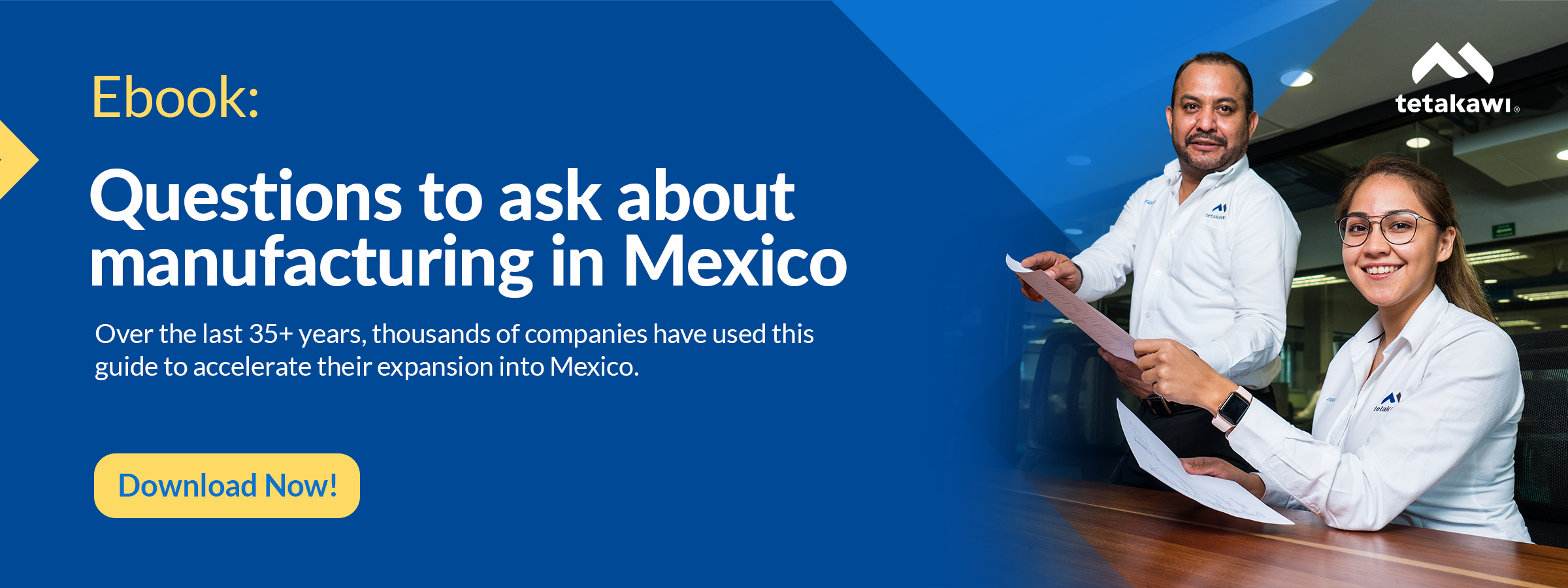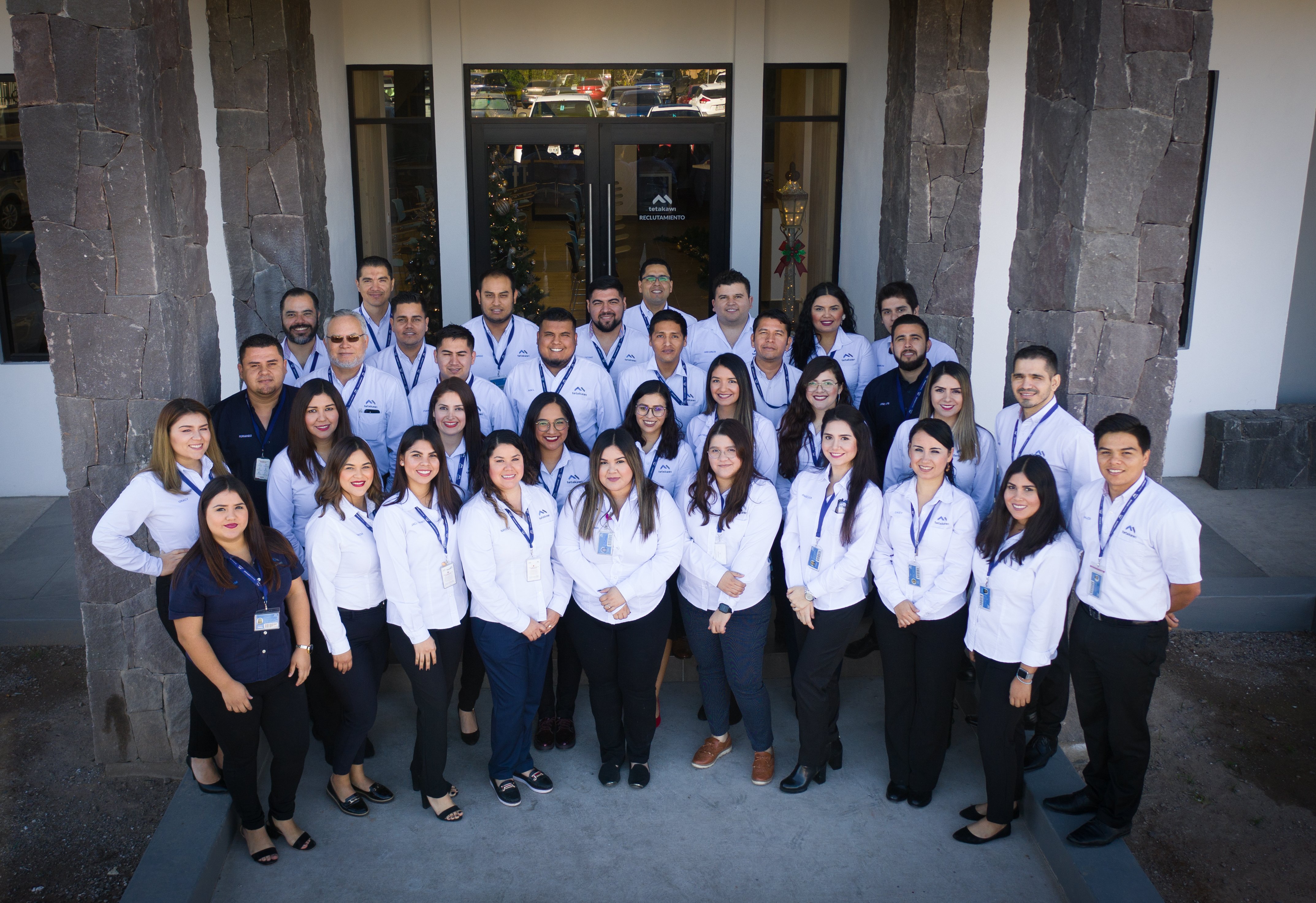The Authorized Economic Operator program (known in Mexico as OEA) is a voluntary program created to strengthen and secure the international trade supply chain between Customs and the private sector. With OEA certification, manufacturers can streamline their cross-country shipping, as Authorized Economic Operators have met specific requirements that allow them to be examined at the border significantly less often than standard cross-border traders.
In this article, we’ll explain what OEA certification is, who can apply, and how to get certified.
What is Mexcio's OEA certification?
The OEA certification is a way for companies to demonstrate to Customs authorities that they are safe and reliable. This begins with an application process that demonstrates that the company meets the 11 requirements (noted below) outlined by the Authorized Economic Operator program. These requirements are focused on establishing safety and security across all aspects of operations, demonstrating to other countries that there is a low risk of a threat crossing the border with the certified company’s shipments.
The OEA certification must be renewed each year, and audits performed to continue operations and demonstrate that compliance with OEA's security standards is maintained.
For companies that have secured certification to the United States Customs-Trade Partnership Against Terrorism (CTPAT) or Canada’s Partners in Protection (PIP) program, Mexico’s OEA certification process is roughly equivalent. However, there are some small differences in the documentation required to apply, so securing certification may be done more rapidly with the assistance of a company experienced in navigating regulatory processes in Mexico.
Who can apply for OEA certification?
Any organization that performs cross-border trade can apply for OEA certification. Authorized Economic Operators can be manufacturers, logistics companies operating warehouses, brokers, and distributors. Shipping agents can also hold status as Authorized Economic Operators. Program applicants should have at least three years of financial activities from their business, although in some circumstances, new businesses can secure OEA certification as well.
How do you become an authorized economic operator in Mexico?
To apply for OEA Certification, companies must submit a written letter of request that includes the company's complete name and customs broker license number, transportation companies with which the company will work, and the main activity of the company. In some cases, companies are required to indicate their PROSEC and IMMEX registration numbers.
What are the requirements for OEA Certification in Mexico?
There are 11 minimum standards each company must meet in order to qualify for OEA certification. Those minimum standards include:
- Planning for security in the supply chain: The company should display a willingness and plan for mitigating security issues in the supply chain by establishing documented policies and procedures for carrying out risk analysis.
- Physical security: The company must ensure the physical security of its facility by creating mechanisms to deter or uncover unauthorized persons from entering the location. All sensitive areas must have physical barriers and control elements.
- Access controls: Access controls - including identification of employees and visitors - must be in place to manage and monitor the entering and leaving of personnel and other authorized people.
- Business partners: Companies participating in OEA must have a written and verifiable process for selecting and recruiting business partners. They must also ensure those partners are in compliance with all security standards.
- Process safety: Companies must implement control standards to protect goods during transport, handling, customs clearance, and storage.
- Customs management: Policies and controls must be in place governing the proper completion of the customs process.
- Cargo vehicles, containers, trailers, and semitrailers: The company must ensure the safety of each of these vehicles. All containers and trailers involved with shipments of foreign trade must be protected with a high-security seal that meets or exceeds the ISO 17712 standard.
- Personnel security: Companies must have documented procedures for recording and evaluating potential employees. Additionally, these employees must be subject to periodic performance checks.
- Information security: Preventative measures must be in place to deter the exposure of private information on documents that are shared throughout the supply chain.
- Safety training: Security personnel must be trained to handle situations of terrorism and smuggling at various points throughout the supply chain. Employees must know how to address and report each situation.
- Management and incident investigation: Companies must establish documents and procedures for investigating incidents that may happen across the supply chain, as well as strategies to prevent a recurrence.
Benefits of the OEA Program in Mexico
While OEA is a strictly voluntary program, there are many benefits manufacturers in Mexico should consider. A few of them include:
- Participating companies are awarded the opportunity to perform rectifications to their import operations three months after the original import date.
- Import and export operations will have expedited crossings at the border.
- Customs flexibility is granted, and in some cases, fines are waived.
- The option to document items presented to customs without proper documentation within a 10-day period.
- Other administrative benefits provided by IMMEX program regulations.
- Virtual transfers (Sales in México) to companies that do not have an IMMEX program. This means that you can increase your sales to the Mexican market.
- Changes to some permits can be done under one Customs transaction.
OEA-certified companies are considered safe and reliable by the authorities and other companies, which is why obtaining an OEA certification is so important. Annual audits are performed to renew the certification, continue operations, and maintain compliance with OEA's security standards.
Essentially, OEA certification provides manufacturers in Mexico flexibility and eases penalties for customs violations and other incidents. Beyond these tangible benefits, companies that participate in Mexico will be perceived as better business partners and more invested in supply chain security.
Partnering with a Shelter Service Provider for OEA Certification
A practical approach for foreign manufacturers to navigate the complexities of Mexico's import and export environment is by partnering with a shelter service provider. These providers, like Tetakawi, offer a wide range of services designed to help foreign companies operate in Mexico, including assistance with regulatory compliance, human resources, import & export, and much more. A key aspect of these services is their ability to facilitate immediate access to the Authorized Economic Operator (OEA) certification.
Tetakawi, for instance, already holds OEA certifications across all of its legal entities in Mexico and can extend its benefits to companies under its shelter program. This means that companies can immediately enjoy the advantages of OEA certification, such as expedited cross-border trade operations, without going through the lengthy application process themselves.
However, it's worth noting that not every shelter service provider can offer this benefit. The ability to extend OEA certification is unique to certain providers who have themselves met the stringent requirements of the OEA program. That is why it is very important that companies accurately compare the shelter companies they are considering.
This strategic partnership offers an efficient way to secure supply chains and optimize trade operations, helping businesses to thrive in the dynamic environment of international trade.
Streamline your launch in Mexico
OEA certification aims to strengthen the supply chain security of foreign trade in Mexico and with its North American trading partners by establishing and enforcing internationally recognized safety standards. For any company exploring the idea of manufacturing in Mexico, the Authorized Economic Operator program is yet one more incentive Mexico offers to help companies streamline their import and export processes.
To streamline the process of securing OEA certification, companies may find it helpful to work with a consultant experienced in this process. Tetakawi has more than three decades of insight into helping companies navigate the regulatory hurdles necessary to bring their manufacturing operations online.
To learn about other ways we can help you streamline your operations, contact Tetakawi today.
Subscribe
Sign up and stay informed with tips, updates, and best practices for manufacturing in Mexico.
Table of Contents:
- What is Mexcio's OEA certification?
- Who can apply for OEA certification?
- How do you become an authorized economic operator in Mexico?
- What are the requirements for OEA Certification in Mexico?
- Benefits of the OEA Program in Mexico
- Partnering with a Shelter Service Provider for OEA Certification
- Streamline your launch in Mexico







